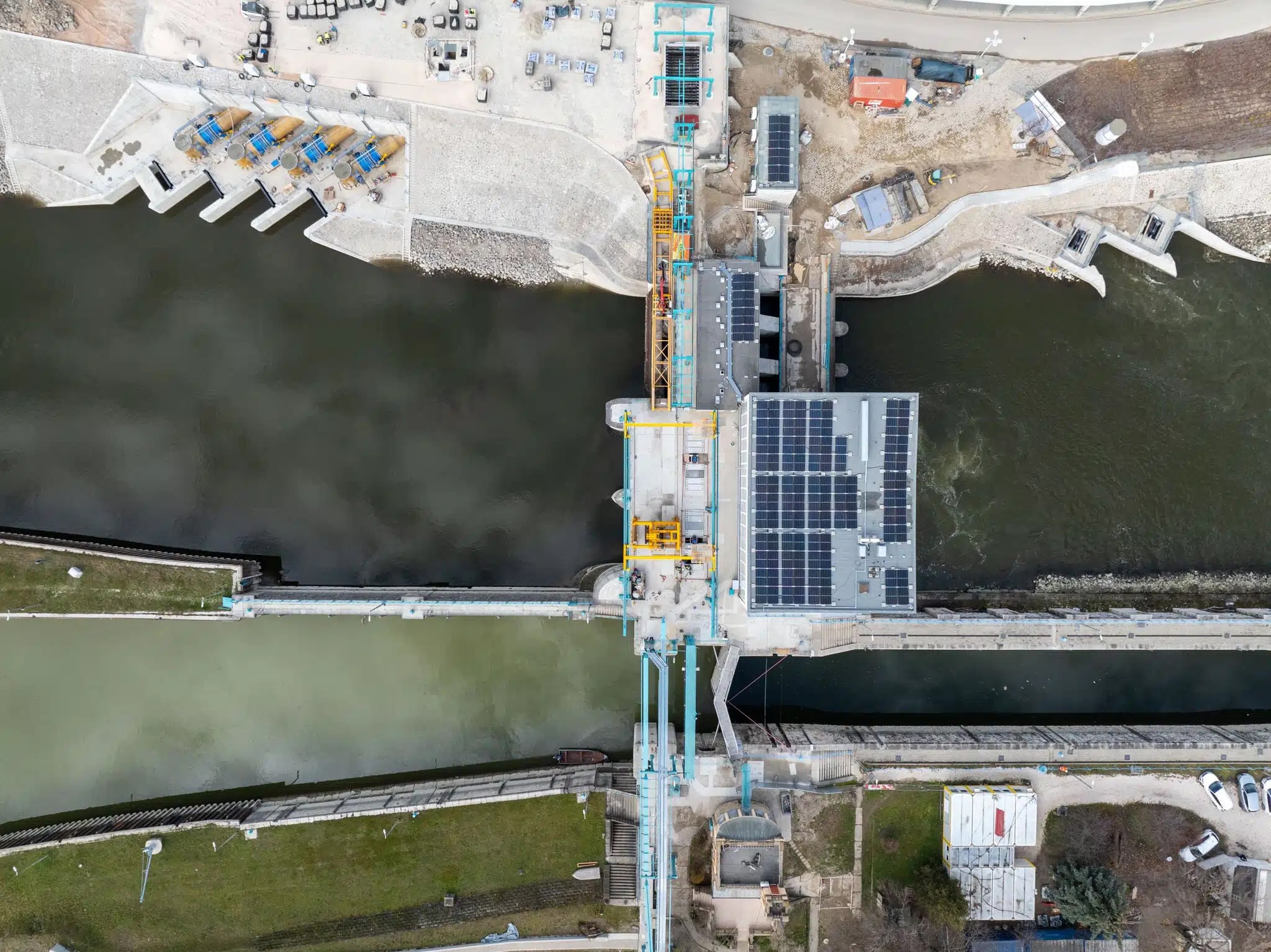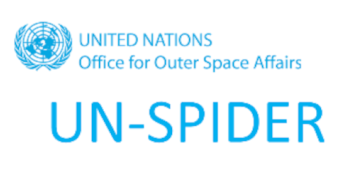
I’m delighted to announce that Professor Zsófia Kugler from the Budapest University of Technology and Economics, Hungary, will be hosting the 2025 Global Flood Partnership (GFP) Annual Meeting, September 15 to 17th, 2025.
GFP Annual Meeting: "The Future of Flood Resilience: Transdisciplinary Innovations in Science, Policy, and Practice"
Conference in the news
The Budapest University of Technology and Economics (BME) came out with a great news article reporting on the conference. Have a look at: https://www.bme.hu/en/news/250918/bme-global-flood-partnership-conference
Conference Report
Kettner, A. J., Kugler, Z., Rudari, R., Trigg, M. A., Sperna Weiland, F. C., Prades, L., Dasgupta, A., Singh Shrestha, M., Salamon, P., Wu, H., Tellman, B., Cohen, S., & Hawker, L. (2025). The Global Flood Partnership Annual Meeting 2025, at GFP 2025 Annual Conference: The Future of Flood Resilience: Transdisciplinary Innovations in Science, Policy, and Practice. Budapest, Hungary. https://doi.org/10.5281/zenodo.17252983
Presentations
Oral and ignite presentations can be found at: https://www.globalfloodpartnership.org/resources
Meeting Venue
Budapest is located in the heart of Central Europe and can be reached from the Liszt Ference International Airport (bud.hu) with direct connections to most European cities. It is a 3h train ride from Vienna and is well connected with highways to major European cities. Be aware that parking fees apply around the university. The city has good public transport, you can check at (bkk.hu)
Budapest University of Technology and Economics (BME)
H-1111 Budapest, Műegyetem rkp. 3, Hungary
Agenda
Final agenda to download: https://shorturl.at/j5W0S
Break-out Workshops
* ) For the break-out session workshops; we will have two of these on Tuesday, and two on Wednesday and they will cover the following themes:
- A hands-on refugee camp flood risk assessment with global data
Discussion lead: Mark Trigg — Professor of Water Risk at the University of Leeds, UK.
What happens when you need to assess flood risk, but there’s little or no local data? In this workshop, you’ll work in teams to quickly assess five potential sites for a new refugee camp — using only global datasets. This hands-on task will reveal just how far global data has come in enabling fast, practical decision-making, while also making clear where their limitations still lie. - How to improve the usability of provided flood forecast information
Discussion lead: Ervin Zsoter — Analyst at European Centre for Medium-Range Weather Forecasts (ECMWF), UK.
Are you interested in shaping the future of flood forecasting? Join this interactive session to share your insights! We'll explore current flood forecasting systems and invite your feedback on what's missing and how these tools can be optimized to better meet user needs and improve overall usability. - How can Earth Observation (EO) data contribute to improved flood resilience
Discussion lead: Patrick Matgen — Head of Group "Remote sensing and natural resources modelling" at the Luxembourg Institute of Science and Technology (LIST), Luxembourg.
Flooding affects communities worldwide every year. How can Earth Observation (EO) data help strengthen their capacity to prepare for, respond to, and recover from these events? Join this session to explore how EO data can reduce vulnerability, lessen the impact of floods, and support faster, more effective recovery efforts. - Integrating Local and Indigenous knowledge in co-designing flood management systems
Discussion lead: Zsófia Kugler — Professor at Budapest University of Technology and Economics, Hungary.
Flood Risk Management (FRM) faces complex challenges - from navigating uncertainty in decision-making to addressing existing risks and implementing strategies across the disaster risk reduction (DRR) cycle. This session explores how participatory approaches and inclusive collaboration with local and indigenous knowledge holders can enrich flood management solutions. Join us to discuss how diverse perspectives and knowledge systems can be meaningfully integrated into the co-design of more effective, equitable FRM strategies.
Field visit
Weather permitting, on Tuesday afternoon we have the unique opportunity to visit the Kvassay Dam complex in Budapest. The Kvassay Dam complex at the northern entrance of the Soroksár–Ráckeve Danube branch in Budapest serves a vital role in flood protection by regulating water exchange between the main Danube channel and the side branch. Recently upgraded with high-capacity pumps, sluices, and reinforced floodwalls, the system can limit inflow during high river discharge, protecting adjacent urban and industrial areas from inundation. At the same time, its modern pumping station ensures continuous flow during low-water periods, preserving ecological and hydrological stability. The integration of real-time SCADA (Supervisory Control and Data Acquisition) control allows dynamic management of water levels, enhancing resilience against both flood surges and drought conditions in the context of increasing hydrological variability. Join us for an on-site guided tour and a close-up look at how Budapest is preparing for a more resilient water future! On our way to the Kvassay Dam we will have several opportunities to briefly stop along the Danube River, to admire one of the largest rivers of Europe.

Lodging recommendations
The closest recommended hotels with convenient access to public transportation or within walking distance of the university are:
- Ibis Budapest Centrum, 1092 Budapest, Ráday utca 6., $$
- Mercure Budapest City Center, 1052 Budapest, Váci utca 20. $$$
- Budapest Marriott Hotel, 1052 Budapest, Apaczai Csere Janos u. 4, $$$$

Please note that the Old Town area near the university is a popular tourist destination, and hotels there tend to fill up quickly..
Poster guidelines
Please ensure your poster is printed to fit the display board dimensions: 150 cm (height) × 90 cm (width), portrait orientation.
No specific poster template is required. You are responsible for displaying your poster according to the scheduled session times and for removing it at the end of the event.
Conference language
English
Sponsors
This meeting is made possible by our generous sponsors:

United Nations - Office for Outer Space Affairs - UN-SPIDER

European Centre for Medium-Range Weather Forecasts (ECMWF)

Geospatial and Modelling Intelligence to Manage Flood and Wildfire Risk

- Log in to post comments